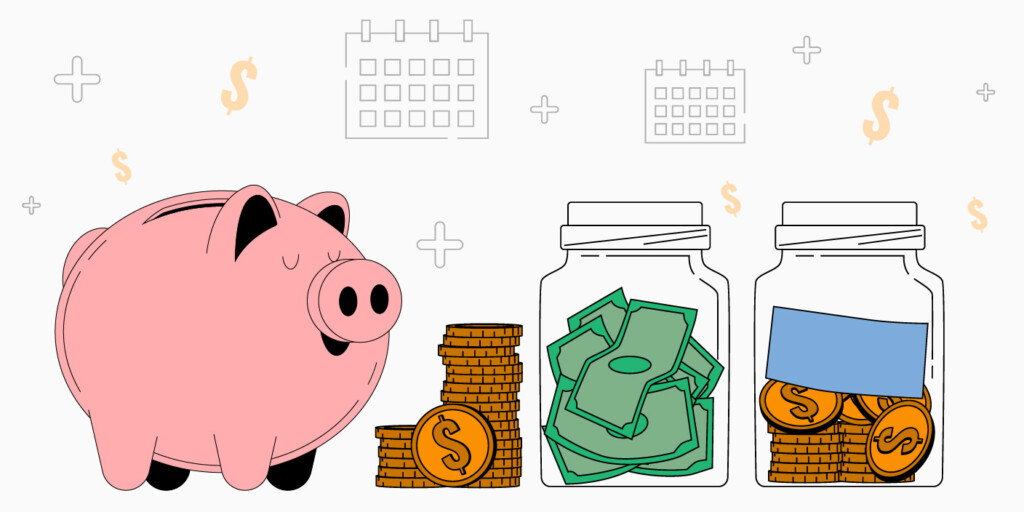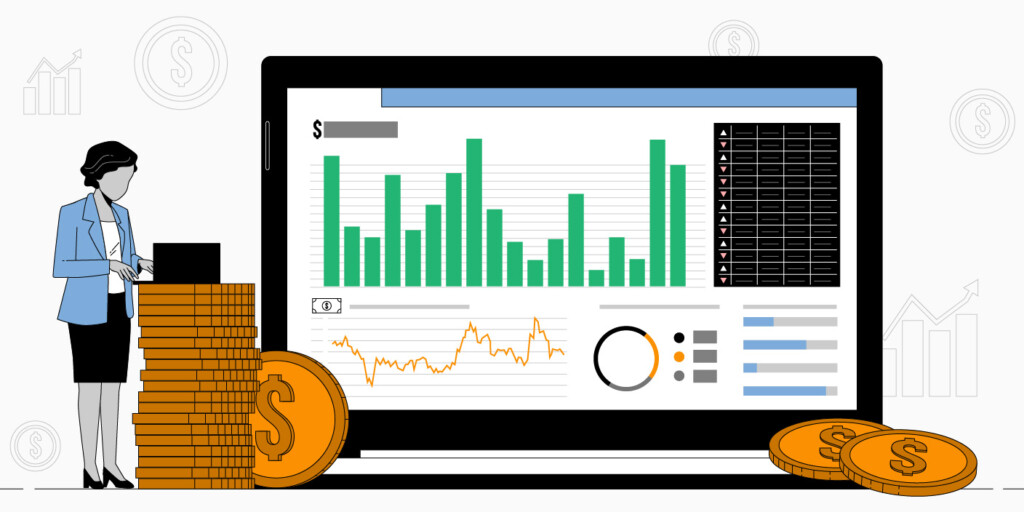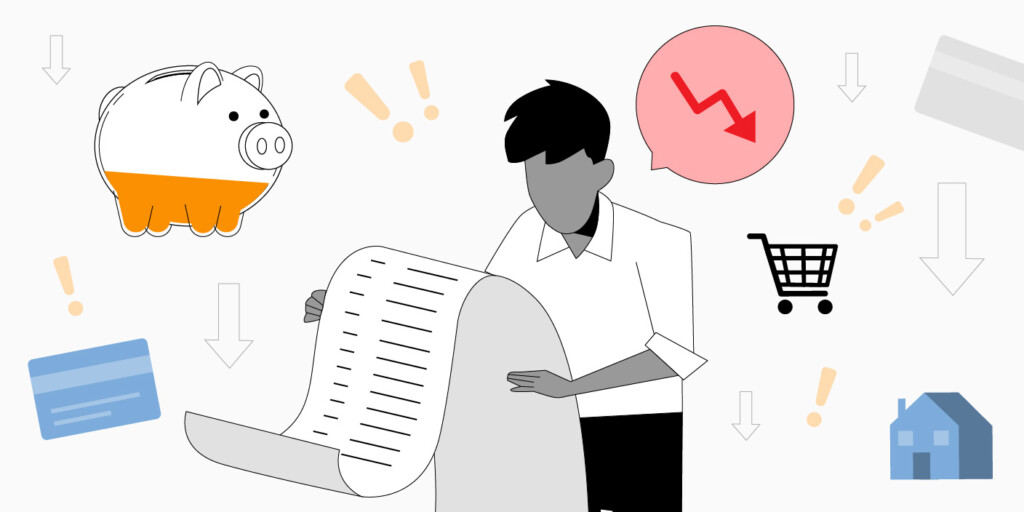

Financial problems are a common thing. Although everyone wants to avoid them, just a few succeed. This is because financial mistakes arise from daily duties people don’t pay attention to.
According to research from 2019, Americans waste $18,000 on unnecessary expenses a year.
Below you will find the nine most common money mistakes you may already make but can stop making to avoid financial problems.
1. No savings for emergency

It may be challenging to put some funds aside if you have a small budget. Still, it’s vital to save money for emergencies. There are several ways to calculate how much you should have for unexpected expenses. If you have loans, you should have a sum for at least two payments if you lose a job. If you don’t have loans, you can take your monthly expenses as a threshold you shouldn’t cross. This means you should always have at least the amount you can survive for one additional month.
2. No planning
A lack of planning is one of many financial mistakes to avoid. You should have a financial plan regardless of how much money you have to prevent unnecessary purchases and excessive spending. Every plan is personal. It may include broad categories such as income, needs, and additional spending, or it can be detailed so you clarify what the needs category comprises.
3. Spending more than you can afford
Borrowed funds are one of the biggest financial mistakes. Although loans and credits aren’t bad, they can create illusions. If you take a loan for a significant purchase, you should calculate how much you can pay per month so that the payment doesn’t affect your daily life and doesn’t exceed the amount you can spend even in case of an emergency.
Credit is a more tricky thing. It may be more difficult to distinguish between the funds you own and the funds you owe because it can be used in a partial manner, often for small purchases.
Therefore, it’s recommended to take credits only if you are sure you can pay them fully within a short period.

4. Buying expensive things
Buying expensive things is a common personal finance mistake. You can pamper yourself and buy or spend on costly things, but if only you can still pay your loans, rent, food, medicines, and other things you need for a safe and comfortable life.
It’s worth considering whether your purchase will require additional expenses. For instance, it’s affordable if you buy boots and plan to wear them for three years. Suppose you spend on an expensive car that may need repairs, gas, washes, etc. In that case, this purchase will affect your budget in the long run.
5. Lacking investment knowledge

Nowadays, more and more people are showing interest in investing. Still, the majority don’t make their money work for them. According to a common rule, you should allocate 50% of your income to needs, spend 30% on wants, and save and invest 20%.
Investing bears risks, but their extent depends on your chosen financial option. For instance, if you don’t have enough knowledge to invest in complex financial instruments, such as stocks, you can invest in mutual funds.
6. Unnecessary spending
Unnecessary spending is one of the most common financial problems. Sometimes, you don’t think about things you pay for permanently, including music services and an expensive gym. Think whether they are worth it. Can only a pro gym membership help you to stay fit? How often do you listen to music? Can you unsubscribe and listen to music with ads to avoid additional payments? Can you avoid dining out and ordering food to cook at home?
7. Lending money
A common money mistake is lending money to others. It’s good to help your family members or friends however, it’s vital to evaluate risks before lending. If your friend hasn’t returned borrowed money, it’s a bad idea to lend them again. Lend the amount that won’t affect your financial stability and only to those who are likely to repay the loan.
8. Not paying high-interest debts

If you have a few debts, prioritize those with a higher interest rate. Try to repay them faster to avoid additional expenses. Although using savings for debt payments is not recommended, this rule can be skipped when dealing with high-interest debts. If the interest you earn on deposits is lower than that paid for a debt, use that money to cover your debt.
9. Being unemployed
It may sound awkward, but unemployment is one of the common money mistakes. If you don’t work, you won’t have money. Some people quit a job too quickly without having another source of income. Some even spend all their savings not to look for another job. Even if you receive an inheritance, it’s vital to increase prosperity.
Final thoughts
It’s not very difficult to avoid financial problems. Still, many people get into a financial trap. Plan your spending, live on the funds you really have, and avoid unnecessary spending. And the most important thing to remember is that money should work. Therefore, it’s worth paying attention to investing.
Sources:
Americans waste $18K on ‘non-essential’ expenses a year, New York Post
Top 10 Most Common Financial Mistakes, Investopedia









